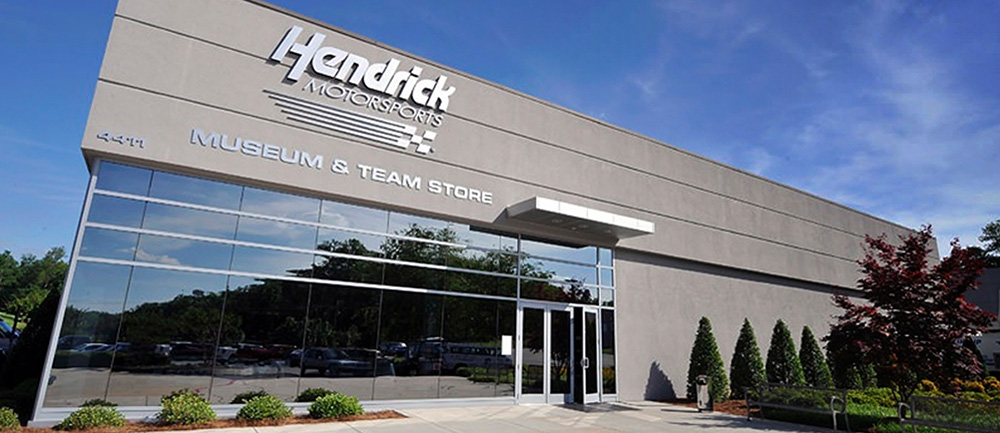
CONCORD, N.C. – During NASCAR’s first off-weekend of the season, Dale Earnhardt Jr. shared a personal decision on Twitter.
It began last Saturday when Earnhardt retweeted a post by Sports Illustrated stating that three former Oakland Raiders will be donating their brains for CTE (chronic traumatic encephalopathy) research in honor of a teammate.
It struck a chord with the driver of the No. 88 Chevrolet SS.
“I just thought that was amazing that those guys did that in honor of their teammate,” he said.
He then responded to a fan who opined that it sounded like “a big commitment.”
Earnhardt said he was inspired by the decisions of the football players along with professional soccer player Brandi Chastain, who has made the same proclamation.
In turn, he has decided to pledge his brain to the Concussion Legacy Foundation.
“It was something that I didn’t have to ask myself whether I wanted to do it or not,” Earnhardt said Friday at Martinsville Speedway. “Going through that process in 2012, I learned so much and have so much respect for the work that those doctors are doing and really was inspired by some of the athletes that have pledged their brains before me.”
The work the Concussion Legacy Foundation is doing is near and dear to the driver’s heart as he was diagnosed with a concussion following the Oct. 7, 2012, race at Talladega Superspeedway. He missed the following two events and returned to the track that year at Martinsville Speedway.
During that time, Earnhardt participated in a rehabilitation program and worked with Charlotte neurosurgeon Dr. Jerry Petty along with Dr. Micky Collins, director of the University of Pittsburgh Medical Center Sports Medicine Concussion Program.
“I went through my experience in 2012 and met some amazing doctors at the University of Pittsburgh Medical Center,” the driver explained. “They gave me the confidence going through that process that I could be successful and get through it.”
Earnhardt said that he’s impressed with the steps NASCAR has taken to protect drivers in that aspect.
“I think the protocols and the advances that we have made in trying to protect ourselves are great things,” he said. “I’m excited about what NASCAR has done. They have really taken this head-on. They are talking and involving themselves with the right folks to get the best information to be able to protect the drivers the best way they can.”
Earnhardt said the decision to donate his brain was in fact a “no-brainer” and he hopes to be able to raise some awareness for the cause.
“They don’t need just athletes,” he continued. “They don’t need people that just play sports. They need brains from all over. Hopefully I’m going to live 40-50 more years and the science has progressed so much that they don’t need it. But if they do, it’s there.”







